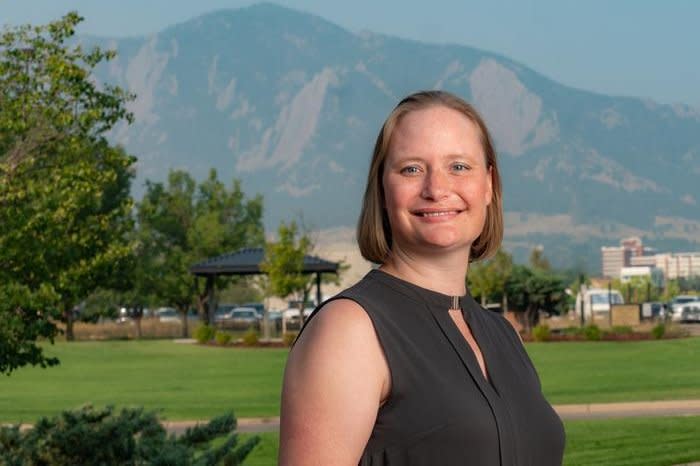Scientists discover dopamine at the heart of desire

Jan. 12 (UPI) -- Researchers at the University of Colorado Boulder found being with a romantic partner floods the brain with dopamine in ways that socializing with normal acquaintances doesn't.
The study, published Jan. 12 in the journal Current Biology, analyzed the habits of prairie voles, which are similar to humans in that they are one of the few mammals who form long-term monogamous bonds.
Like humans, prairie voles also share a home with their partner, raise offspring together and show signs similar to grief when they lose their partner.
Senior author Zoe Donaldson, associate professor of behavioral neuroscience at CU Boulder, intended to find out how chemical activity in the brain makes intimate relationships possible and how it helps the brain get over the loss of those relationships.
"As humans, our entire social world is basically defined by different degrees of selective desire to interact with different people, whether it's your romantic partner or your close friends," Donaldson said. "This research suggests that certain people leave a unique chemical imprint on our brain that drives us to maintain these bonds over time."
Donaldson's team used tiny, fiberoptic sensors to measure what happens in the brain as a vole tries to reach its partner. In one scenario, the vole had to press a lever to open a door to the room where her partner was. In another, she had to climb over a fence to reach him.
The researchers, meanwhile, measured activity in the vole's nucleus accumbens, the part of the brain scientists say lights up when people hold their partner's hand.
First-author Anne Pierce said when the vole completed a puzzle to reach her partner, the sensor "lit up like a rave." Comparatively, the sensor dimmed when the vole found just a random vole on the other side of the obstacle.
"This suggests that not only is dopamine really important for motivating us to seek out our partner, but there's actually more dopamine coursing through our reward center when we are with our partner than when we are with a stranger," Pierce said.
In another experiment, the vole couple was separated for four weeks, usually long enough for voles in the wild to find another partner. When they were reunited, researchers noted the two remembered each other, but the dopamine surge was almost gone. The flame of desire had gone out, and the two regarded each other as they would any other vole.
Donaldson thinks this new signature is a "sort of reset" in the brain that allows the vole to move on and form new bonds.
"Imagine what it would be like to wake up every single morning and feel the same way you did the day after you found out you lost someone," Donaldson said.
For people who have dealt with break-ups or the death of a loved one, the study suggests the brain has an inherent mechanism to process and move on from that grief.
The findings could inform new treatments for people who struggle with forming emotional connections, such as people with autism and schizophrenia, as well as people who have difficulty moving on from a broken bond.
The authors said more research is needed, however, to figure out how closely voles' brains relate to humans' brains.
"The hope is that by understanding what healthy bonds look like within the brain, we can begin to identify new therapies to help the many people with mental illnesses that affect their social world," Donaldson said.
Katherine Shear, a professor of psychiatry at Columbia University, said Donaldsons research is unique and vital, noting current antidepressant medications don't often help people who are processing grief.
"Close attachments contribute importantly to many of the psychological problems individuals face, yet there is very little neurobiological research informing this question of what happens in the brain when we lose someone," Shear said. "Zoe's research promises to inform our understanding."

